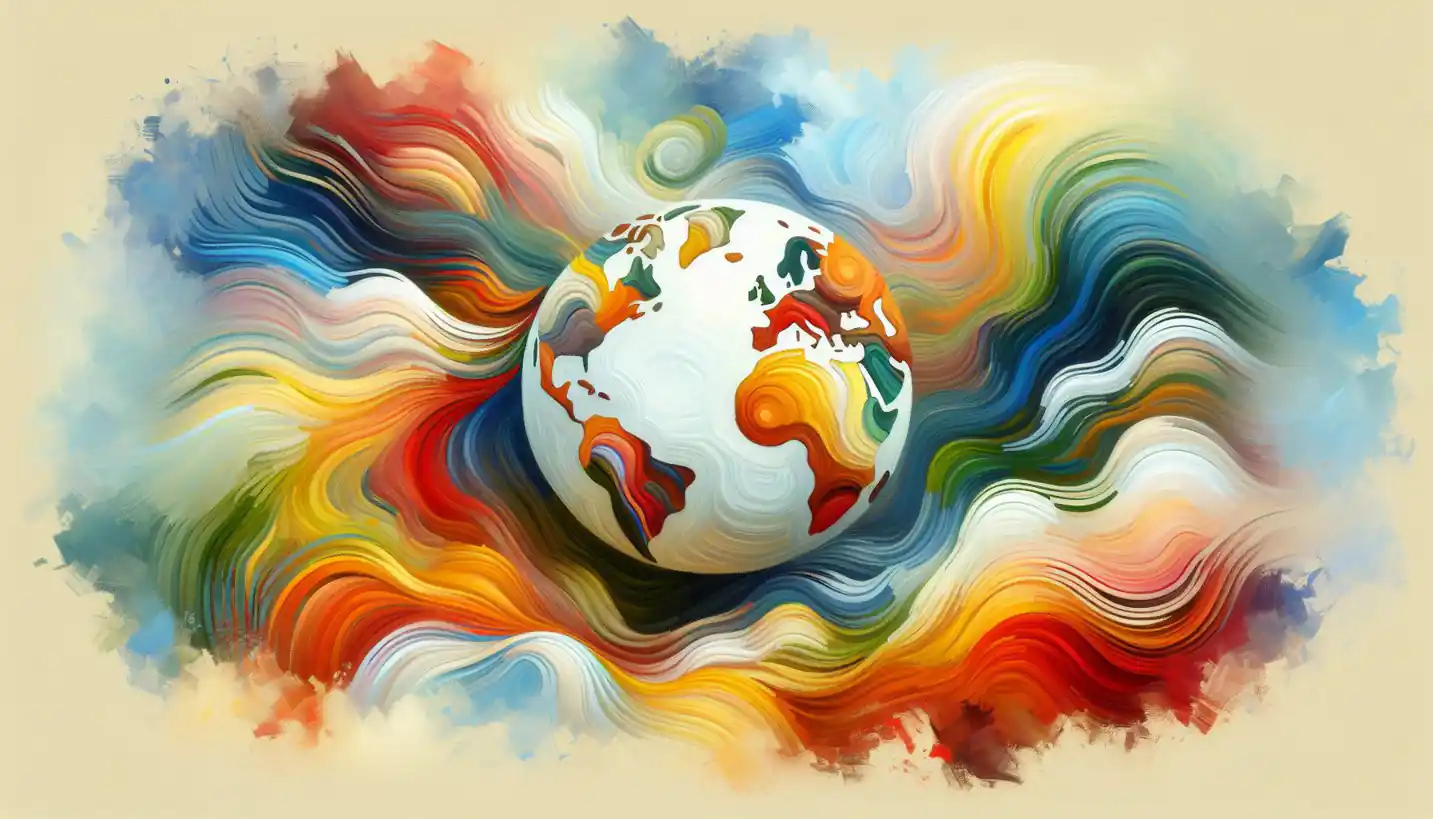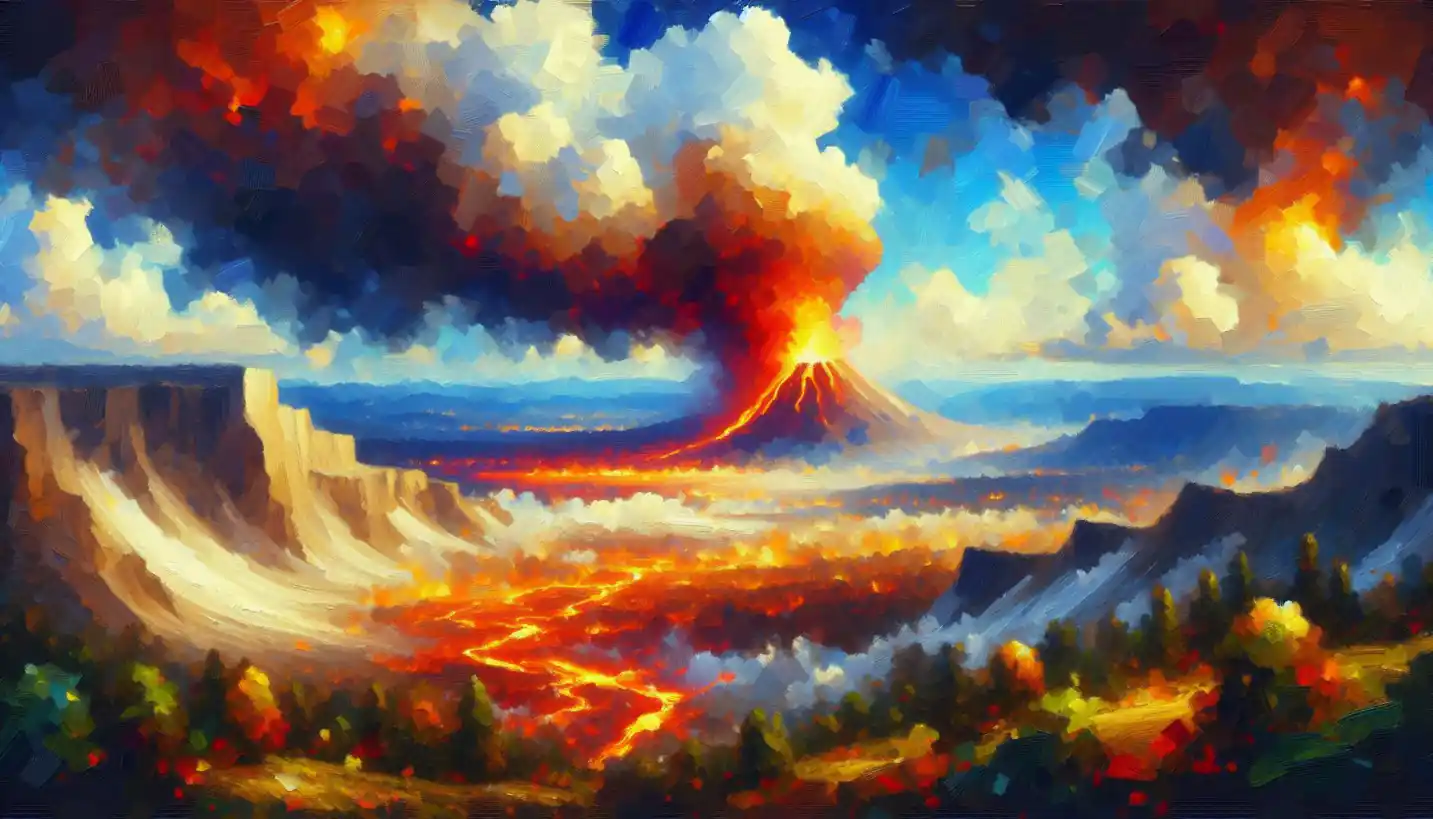· Geography · 3 min read
Exclave: Discovering Hidden Corners in Political Geography
Exclaves are fascinating slices of territory that defy geographic norms. Dive into the hidden complexities that make exclaves unique in political geography.

Political geography isn’t just about borders on a map; it’s a tale of how countries and regions relate in surprising ways. One fascinating concept in this realm is the “exclave.” Let’s embark on a journey to explore what an exclave is and why it matters.
Understanding Exclaves
To put it simply, an exclave is a part of a country’s territory that is geographically separated from the main part by one or more foreign territories. Imagine a puzzle piece that belongs to one puzzle but is found in the middle of another. This might seem like a quirk of nature or politics, but exclaves have real implications for the countries involved.
Examples That Tell the Story
Think about Alaska. Most of the United States sits snugly between Canada and Mexico, but Alaska is detached, hanging off the edge of Canada. Or consider the small Spanish town of Llívia, sitting happily in the middle of France. These odd slices of land can create unique challenges and opportunities for the nations they belong to.
The Curious Case of Kaliningrad
Kaliningrad is a Russian exclave tucked between Lithuania and Poland. This region gives Russia a strategic position on the Baltic Sea, but it also presents diplomatic puzzles. Moving goods or people between Kaliningrad and mainland Russia requires cooperation with its neighbors, making international relations particularly important.
The Enclaves and Exclaves of Baarle
Baarle, in Europe, provides a mind-boggling example. The town is made up of bits of Belgian and Dutch land weaving in and out of each other. This intricate arrangement is a relic from medieval treaties. Today, it’s famous for the way borders cut through houses and streets, making simple acts like voting or shopping a cross-border adventure.
Why Do Exclaves Matter?
Exclaves are more than just geographical oddities. They can influence:
Political Relationships
Because exclaves are separated from their parent country, they often require special treaties or agreements with neighboring nations. This can strengthen or strain international relationships, depending on how things are handled.
Economic Activities
For an exclave to thrive, it may develop its own economic activities independent of the main country. This can create unique trade patterns. For instance, duty-free goods might be a big attraction, bringing tourists and shoppers from across borders.
Cultural Identity
Being separate can influence how people in an exclave see themselves. Sometimes, they adopt characteristics from nearby regions, blending cultures in fascinating ways.
Challenges and Peculiarities
Exclaves face distinct challenges. Moving goods or services across borders involves navigating customs and immigration laws. In some situations, exclaves might struggle to access essential resources or infrastructure, requiring creative solutions.
Diplomatic Complexity
Negotiating access rights and maintaining infrastructure like roads or railways can be complex. Each agreement requires diplomacy and cooperation, as well as regular dialogue to adapt to changing situations.
National Security Concerns
Security can be a significant concern, especially if relationships with neighboring countries are tense. Ensuring the safety of an exclave’s border can involve complex military and political strategies.
The Future of Exclaves
As globalization and technology evolve, the concept of exclaves may also change. Will the digital age reduce some of the isolation challenges, or will new geopolitical tensions create more exclaves? These are open-ended questions that researchers and policymakers continue to explore.
Conclusion
Exclaves are intriguing parts of political geography that highlight the complex tapestry of international borders. They remind us how interconnected and interdependent countries can be, despite (or perhaps because of) their geographical separations. Whether they’re seen as opportunities or challenges, exclaves will continue to be significant players on the world stage. Their stories are a testament to the unpredictable paths of human history and politics, offering endless fascination to those who love exploring the world in all its complexity.

